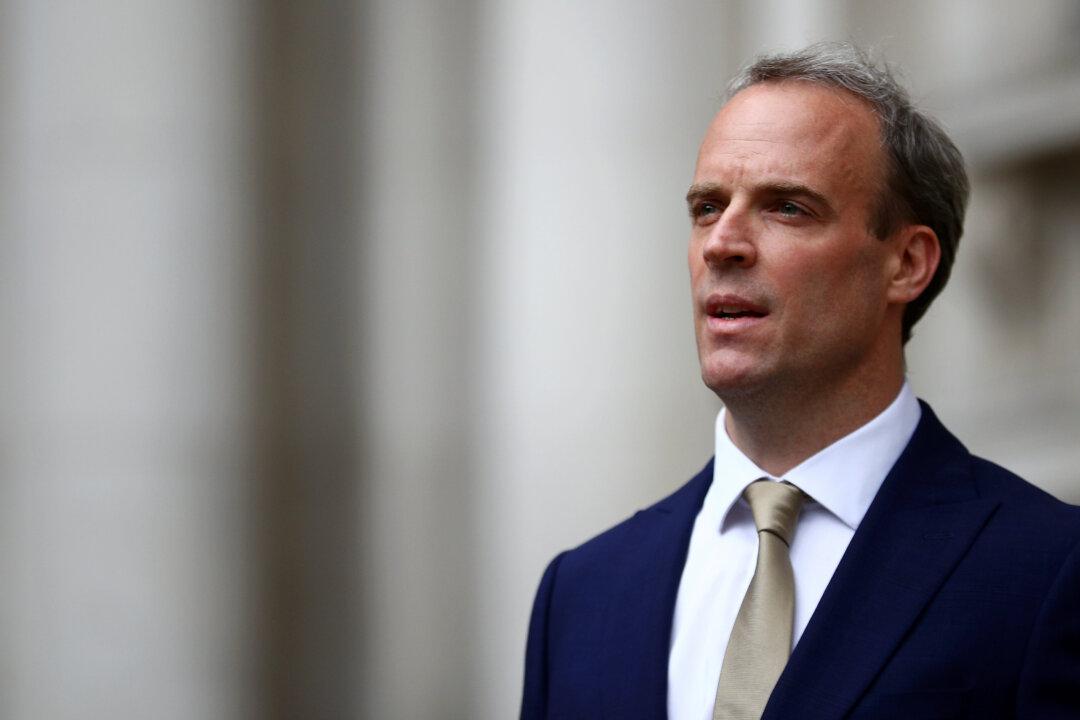Beijing breached the Sino-British Joint Declaration by giving Hong Kong powers to disqualify pro-democracy lawmakers, the UK’s foreign minister said on Thursday.
“Beijing’s imposition of new rules to disqualify elected legislators in Hong Kong constitutes a clear breach of the legally binding Sino-British Joint Declaration,” Dominic Raab said in a statement.





